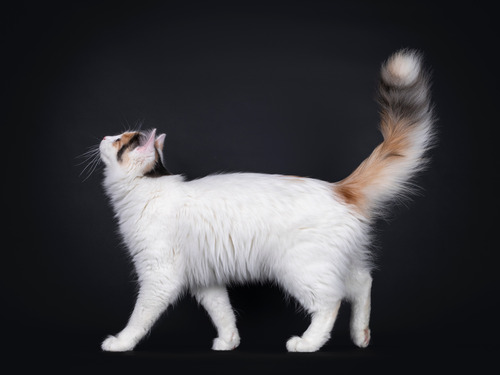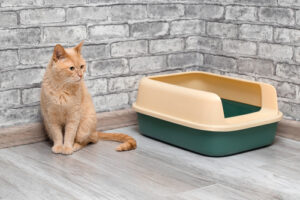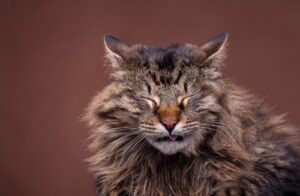When it comes to our beloved cats, there are many mysteries that intrigue and sometimes amuse pet owners. Among these curiosities is the question: do cats fart? It’s a topic that might bring a smile or a giggle, but it’s also one that sheds light on feline health and well-being. At Berthoud Animal Hospital, located in the heart of Berthoud, CO, we believe in providing pet owners with the knowledge they need to understand their pets better. This blog will explore the phenomenon of feline flatulence, what causes it, how it can affect your cat’s health, and when it might be time to consult with our team. If you ever have concerns about your cat’s health or behavior, remember, our experts are just a call away at (970) 532-2726.
Understanding Feline Digestive Health
To get to the bottom of whether cats fart, it’s important to start with the basics of their digestive system. Cats are obligate carnivores, meaning their diet in the wild consists almost exclusively of meat. Their digestive system is designed to process this diet efficiently, but just like in humans, the process of breaking down food can produce gas.
Common Causes of Gas in Cats
Gas in cats can be caused by a variety of factors, including diet, eating habits, and even stress. Foods that are high in carbohydrates or difficult for a cat to digest can lead to increased gas production. Similarly, eating too quickly or swallowing air while eating can contribute to this issue.
When Gas Might Be a Concern
Occasional gas is normal in cats, but excessive gas could be a sign of underlying health issues. It’s important to observe your cat for other symptoms such as diarrhea, vomiting, or a decrease in appetite, as these could indicate a digestive disorder or food intolerance.
Dietary Considerations for Reducing Feline Flatulence
Selecting the right diet is crucial in managing feline flatulence. High-quality, grain-free foods that match a cat’s natural diet can reduce the amount of undigested material that reaches the colon, thereby reducing gas production.
The Role of Probiotics in Feline Health
Probiotics can play a significant role in maintaining a healthy balance of gut bacteria, which can help reduce gas and improve overall digestive health. Supplements designed specifically for cats can be beneficial, but it’s always best to consult with a veterinarian before making any changes to your cat’s diet.
Behavioral Factors Affecting Feline Flatulence
- Stress and Its Impact on Digestion: Stress can have a significant impact on a cat’s digestive system, leading to increased gas production among other issues. Creating a calm and stable environment for your cat can help minimize stress-related digestive problems.
- Eating Habits and Their Effects: Encouraging slow, mindful eating can reduce the amount of air swallowed during meals and decrease the likelihood of gas. Specialized feeding dishes are available to help slow down fast eaters and promote healthier eating habits.
When to Consult with Berthoud Animal Hospital
While occasional gas is nothing to worry about, persistent or severe flatulence could indicate a more serious condition. If your cat is experiencing frequent gas along with other symptoms like weight loss, lethargy, or changes in bowel movements, it’s time to call Berthoud Animal Hospital at (970) 532-2726. Our team is ready to provide the care and advice your cat needs to stay healthy and happy.
The Importance of Regular Veterinary Visits
Regular veterinary check-ups are essential for maintaining your cat’s health. These visits allow us to catch potential issues early and provide guidance on diet, lifestyle, and health care tailored to your cat’s needs. Don’t hesitate to reach out and schedule an appointment, whether it’s for a routine visit or concerns about your cat’s digestive health.
Tail End Insights: Navigating the World of Cat Digestion
So, do cats fart? Yes, they do, and it’s a perfectly normal part of their digestive process. However, understanding the causes and knowing when it might be a sign of a health issue is key to ensuring your cat’s well-being. At Berthoud Animal Hospital, we’re committed to providing the knowledge and care your cat needs to thrive. Whether it’s dietary advice, behavioral tips, or medical care, our team is here to support you and your cat every step of the way. Remember, for any concerns or questions about your cat’s health, give us a call at (970) 532-2726. Let’s keep the air clear and our cats healthy together!





